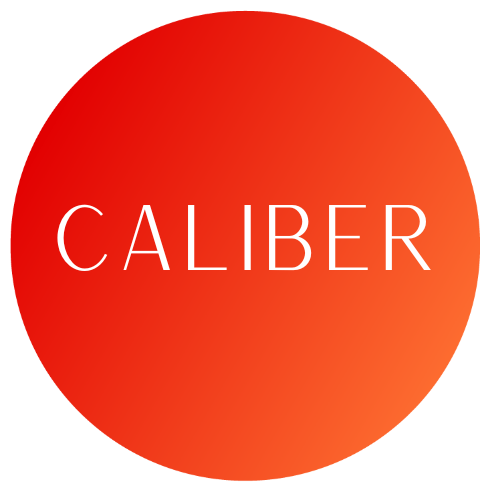We have 6794 job offers that could be the right fit!
-
Friends of Youth
Youth Specialist
Full TimePart Time -
The Source and Recruit
Youth Employment Specialist
Full TimeInternship -
Riverhead Building Supply
Yardman
Full Time -
Riverhead Building Supply
Yardman
Full Time -
Riverhead Building Supply
Yardman
Full Time -
Riverhead Building Supply
Yardman
Full Time -
Fleet Farms
Yard Team Member
Full Time -
Fleet Farms
Yard Team Member
Full Time -
Fleet Farms
Yard Team Member
Full Time




